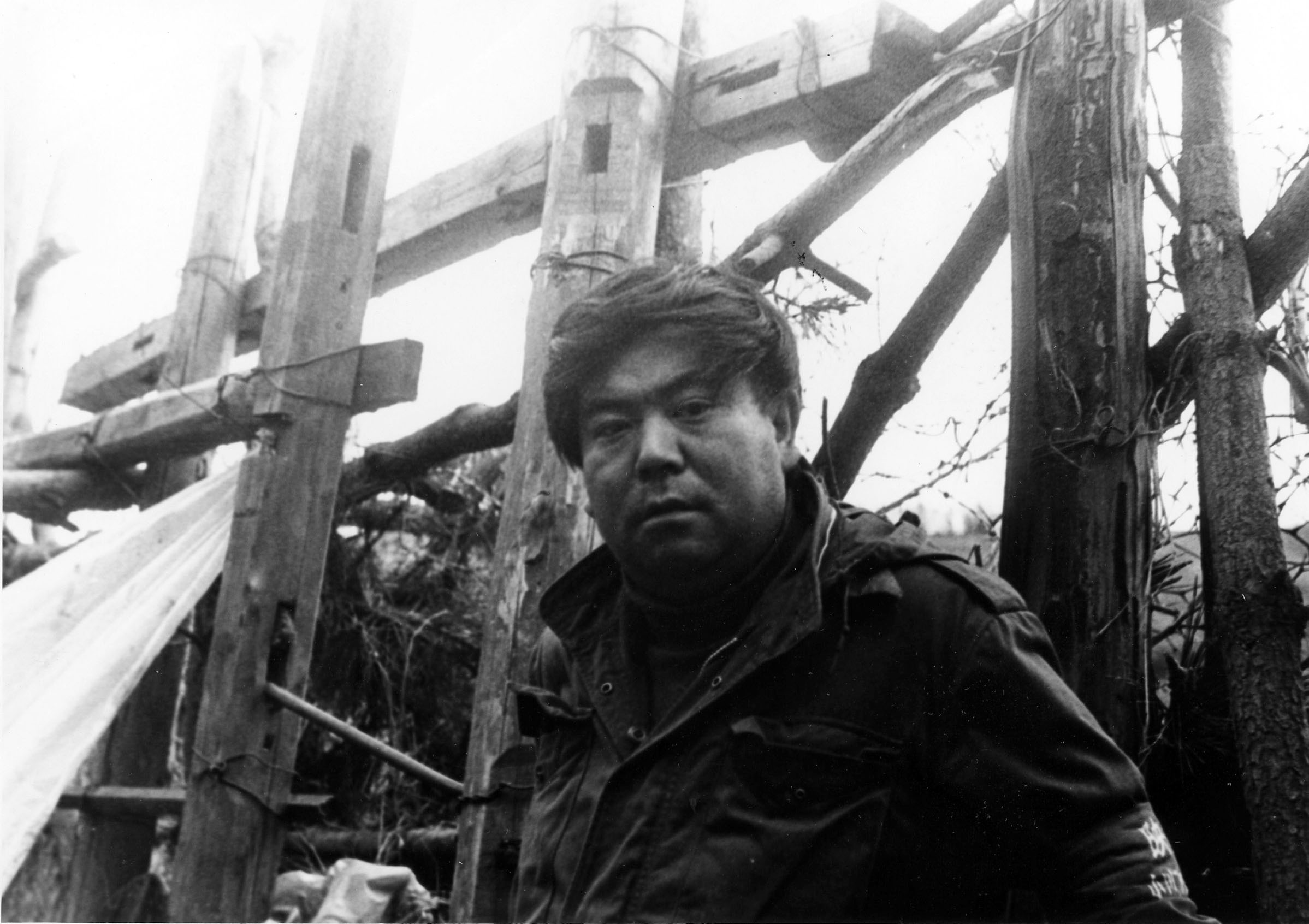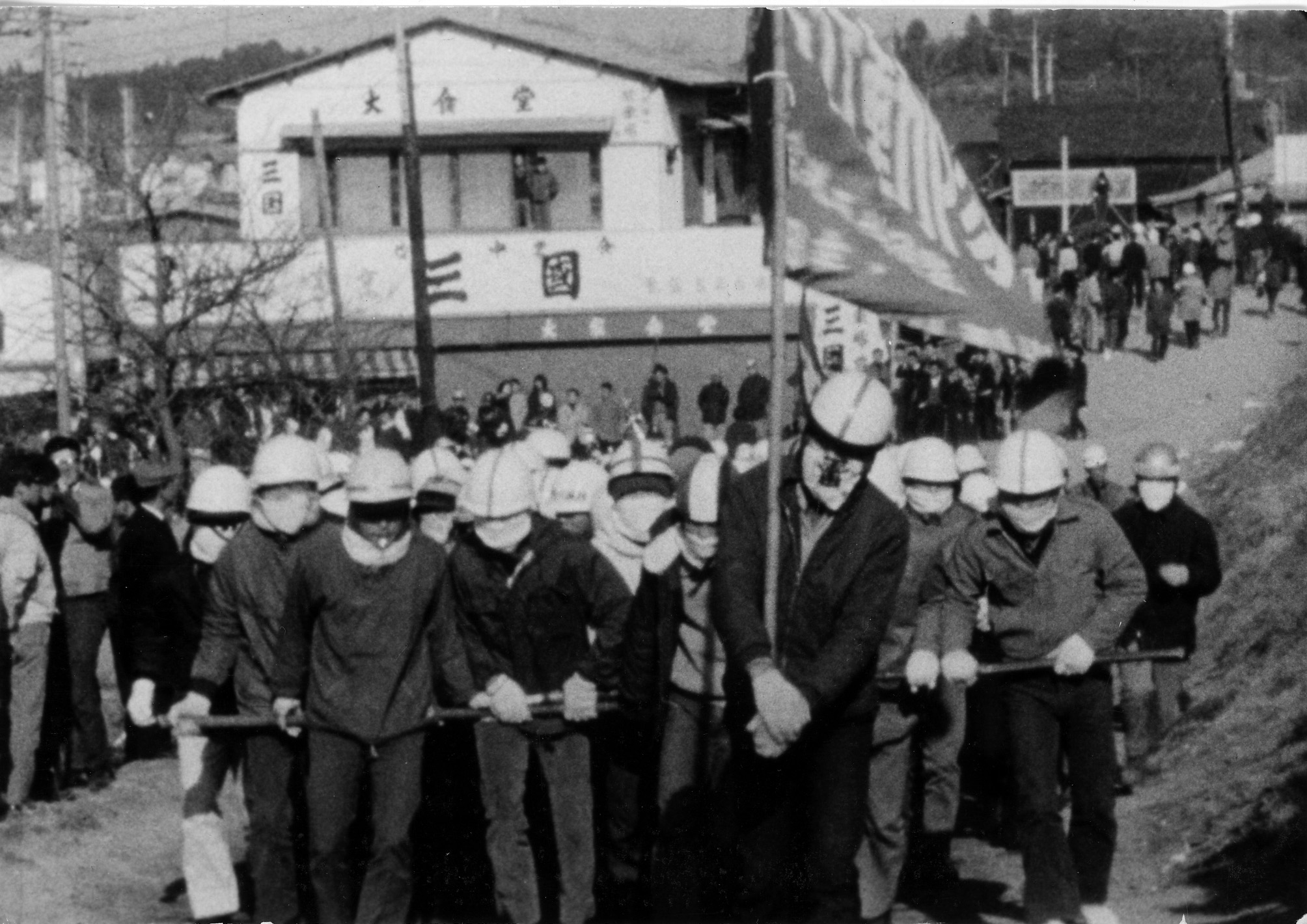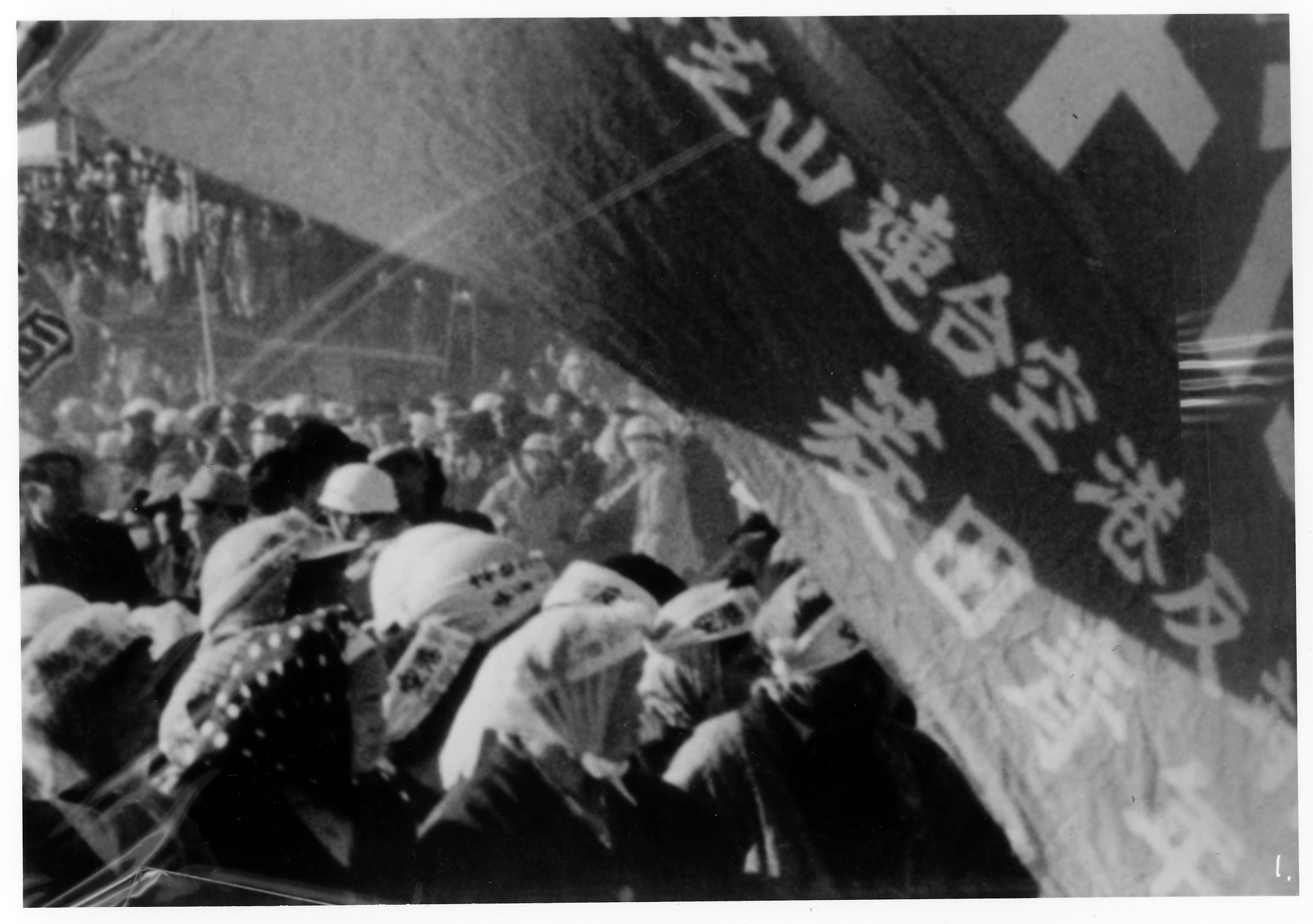Summer in Narita
OGAWA Shinsuke
- Japan
- 1968
- 105min
- 12 +
- DCP
- black and white
Synopsis
In 1966, even though thousands of farmers would lose their lands, the construction of the New Tokyo Airport in Sanrizuka, Narita City, Chiba was decided. The Airport Authority pushes the construction work with the police at the forefront. Student groups and activists from all over the country gather in Sanrizuka to unite with the protesting farmers. The most important and the longest lasting battle in Japanese postwar history begins. This is the first work of Ogawa production of Sanrizuka 7 series.
Review
In early 1968, Ogawa and his colleagues founded Ogawa production. Afterward they went forward to Sanrizuka in Narita City, Chiba. There, the farmers protested against the construction of the new airport. Ogawa spends time with the farmers, the students and youth organizations all around the country creating his movie Summer in Narita. After 8 years of shooting, he makes six more projects perfecting his long series the Sanrizuka 7. As if writing a long novel, it was his idea to follow the repeated four seasons of the farmers, to capture the change and establishment of their philosophy. He establishes a method of documenting events through the eyes of the subjects while seeking unity through active participation, which he already tried in The Oppressed Students. Ogawa Shinsuke’s documentary, which has become a means of resistance itself not only captures the voices of the oppressed but also restoring the power of perspectives to the necessary.
Director
-

OGAWA Shinsuke
Ogawa Shinsuke is one of the most influential Japanese documentarians after the war. His filmmaking collective, OGAWA PRODUCTION, was created in the late 1960s and produced a number of films, such as the NARITA and MAGINO VILLAGE series, which dealt with political conflicts and grassroots culture in Japan. In addition, he played a pivotal role in the establishment of the Yamagata International Documentary Film Festival.

